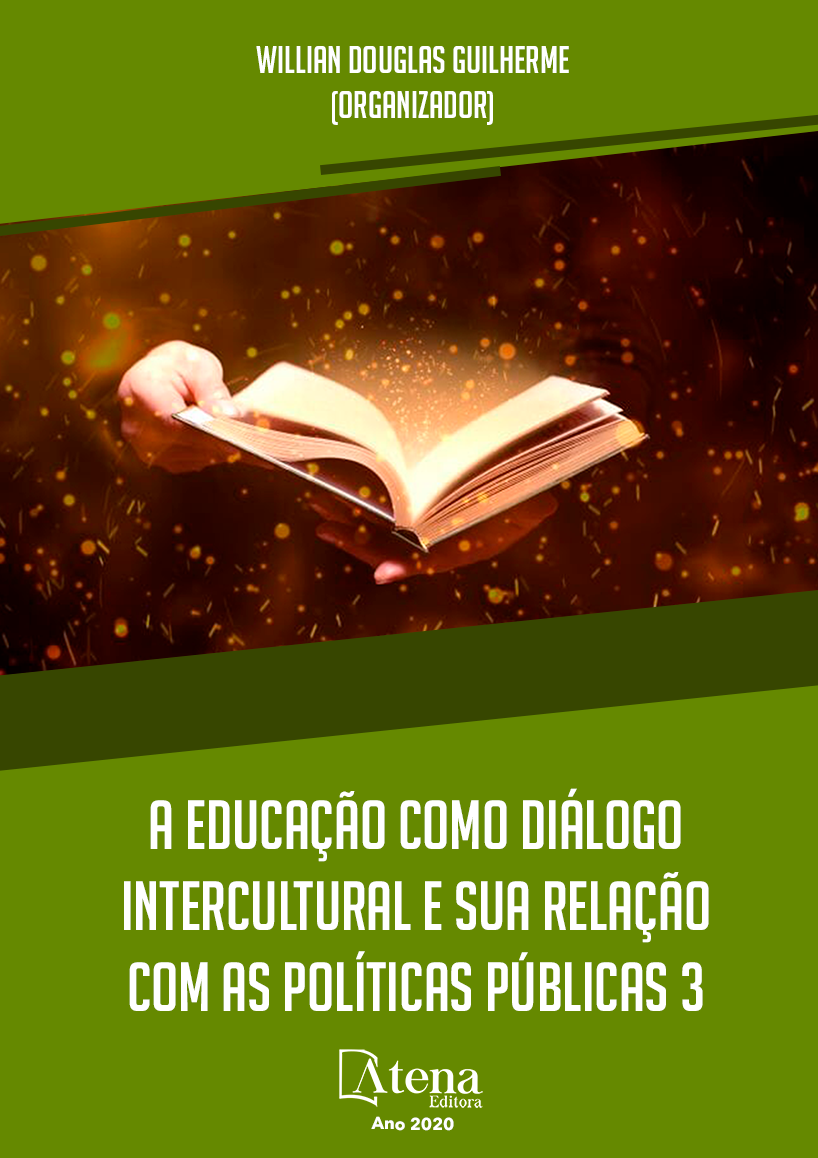
COMPORTAMENTO INFOCOMUNICACIONAL DOS ESTUDANTES COM DEFICIÊNCIA NO ENSINO SUPERIOR LUDOVICENSE (UFMA, UEMA, IFMA E UNICEUMA): uma proposta de pesquisa
Esta pesquisa objetiva compreender os tipos de comportamentos infocomunicacionais apresentados pelos estudantes com deficiência nas Instituições de Ensino Superior (IES) em São Luís, estado do Maranhão, e discutir o seu contributo para a entrada, permanência e conclusão dos percursos formativos desses estudantes. Considerando a relevância de estudos voltados para identificar e compreender o comportamento infocomunicacional dos estudantes com deficiência, apresenta-se as seguintes questões: Quais os ambientes informacionais tradicionais e/ou digitais (bibliotecas, arquivos, centros de documentação, plataformas digitais, bibliotecas digitais, repositórios institucionais, entre outros) utilizados pelos estudantes com deficiência? Quais os tipos de comportamento infocomunicacional apresentados pelos estudantes universitários com deficiência no processo de busca, acesso e uso de informações? Quais as tecnologias assistivas (TA) e as estratégias disponibilizadas pelos mais variados tipos de ambientes informacionais para o atendimento e acompanhamento dos estudantes com deficiência? As TA e as ações desenvolvidas pelas IES atendem às necessidades infocomunicacionais dos estudantes com deficiência? Esta pesquisa centra-se no paradigma fenomenológico/interpretativo, com abordagem quantitativa/qualitativa. Os resultados permitirão traçar um panorama das TA disponibilizadas pelas IES, cenários desta pesquisa, bem como os tipos de comportamentos infocomunicacionais apresentados pelos estudantes com deficiência.
COMPORTAMENTO INFOCOMUNICACIONAL DOS ESTUDANTES COM DEFICIÊNCIA NO ENSINO SUPERIOR LUDOVICENSE (UFMA, UEMA, IFMA E UNICEUMA): uma proposta de pesquisa
-
DOI: 10.22533/at.ed.56020190311
-
Palavras-chave: Comportamento infocomunicacional, Estudantes com deficiência, Acessibilidade, Ensino superior, Inclusão.
-
Keywords: Infocommunicational behavior, Students with disabilities, Accessibility, Higher education, Inclusion.
-
Abstract:
This research aims to understand the types of infocommunicational behavior presented by students with disabilities in Higher Education Institutions (HEIs) in São Luís, state of Maranhão, and to discuss their contribution to the entry, permanence and completion of the training courses of these students. Considering the relevance of studies aimed at identifying and understanding the infocommunicational behavior of students with disabilities, the following questions are presented: What are the traditional and / or digital information environments (libraries, archives, documentation centers, digital platforms, digital libraries, repositories institutional, among others) used by students with disabilities? What are the types of infocommunicational behavior presented by university students with disabilities in the process of searching, accessing and using information? What are the TA and the strategies provided by the most varied types of informational environments for the care and monitoring of students with disabilities? Do TA and the actions developed by HEI meet the infocommunication needs of students with disabilities? This research focuses on the phenomenological / interpretative paradigm, with a quantitative / qualitative approach. The results will allow an outline of the TA provided by HEI, scenarios of this research, as well as the types of infocommunicational behaviors presented by students with disabilities.
-
Número de páginas: 12
- Raimunda de Jesus Araújo Ribeiro
- Isabel Cristina dos Santos Diniz


